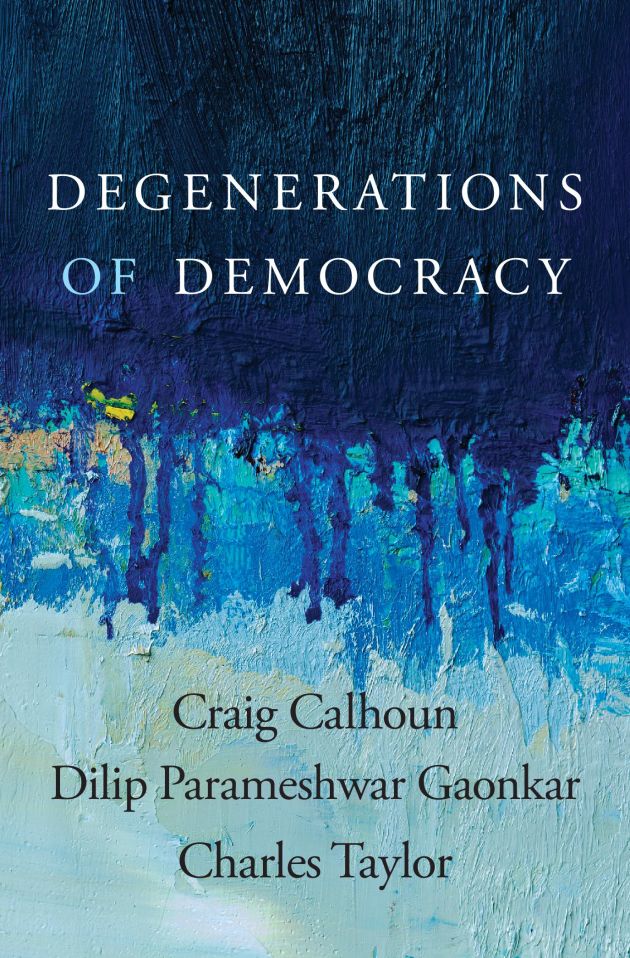University Professor of Social Sciences
Craig Calhoun is University Professor of Social Sciences at Arizona State University where he holds joint appointments in multiple schools, including the School of Politics and Global Studies, the School of Public Affairs, the School for the Future of Innovation in Society, the School of Sustainability, the GAME School, and the Thunderbird School of Global Management. He is also a faculty affiliate of the School of Historical, Philosophical and Religious Studies, the Sanford School of Social and Family Dynamics, and the Asia Center.
Calhoun contributes actively to the intellectual life of the university through leadership, teaching, and mentoring, including serving as President of the Board of The Melikian Center. chair of the faculty advisory boards for the Center for Work and Democracy and Sociology at ASU, Senior Fellow with the Center for the Study of Religion and Conflict, and Senior Global Future Scientist with the Global Futures Laboratory.


